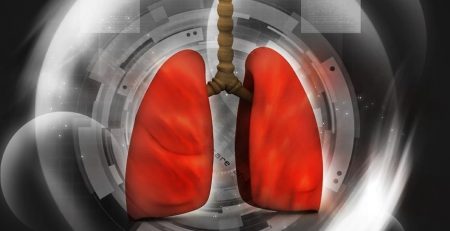New Injection Capable of Stopping Peanut Allergies
A small pilot study out of Stanford University School of Medicine has proven an injectable antibody treatment is capable of allowing people with severe peanut allergies to eat peanuts with no trouble at least two weeks later, and was ultimately found effective for up to six weeks, IFLScience.com reported.
Peanut allergies are the second most common food allergy in children and its prevalence is on the rise, impacting approximately 1.2 million children and teens in the United States. This treatment, called etokimab, is much more direct than the only other currently available treatment – oral immunotherapy, which involves the patient eating minuscule amounts of the allergen in increasing amounts over the course of months in order to desensitize the immune system.
According to a report published in JCI Insight, this injection inhibits interleukin-33 (IL-33) “which triggers the chain of events that amount to a full-blown immune system response,” Tom Hale writes. In a double-blind study of 20 participants with a severe peanut allergy, 15 were given a single etokimab injection and five were given a placebo. 15 days later, 73% of those who received the medication were able to eat a nut’s worth of peanut protein without an allergic reaction; 45 days later, 57% were still able to.
“What’s great about this treatment as an option for food allergies is that people did not have to eat the food to get desensitized,” Karl Nadeau, professor of medicine and pediatrics at Stanford said in a statement. “Although this is still in the experimental stages, we’re delivering on the hope of testing a drug that won’t be for one food allergy but for many, and for other allergic diseases, too.”














